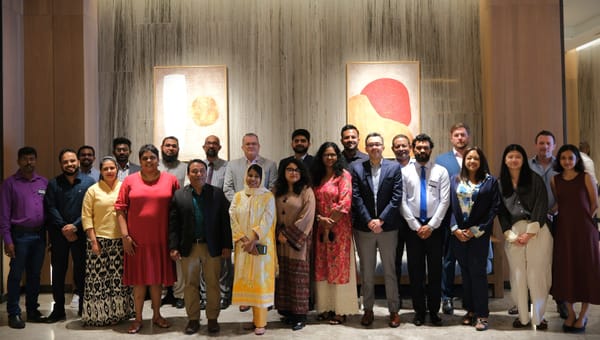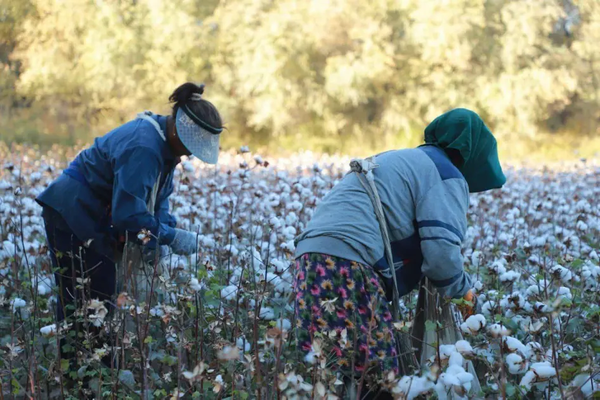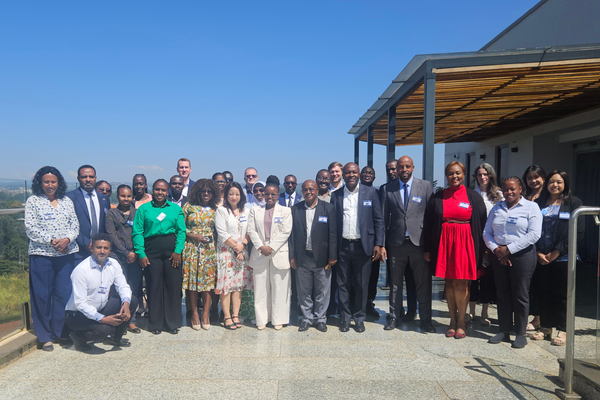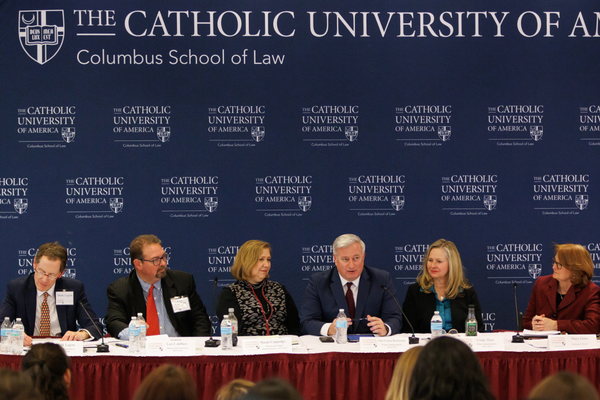Community groups need long-term flexible funding in order to make progress
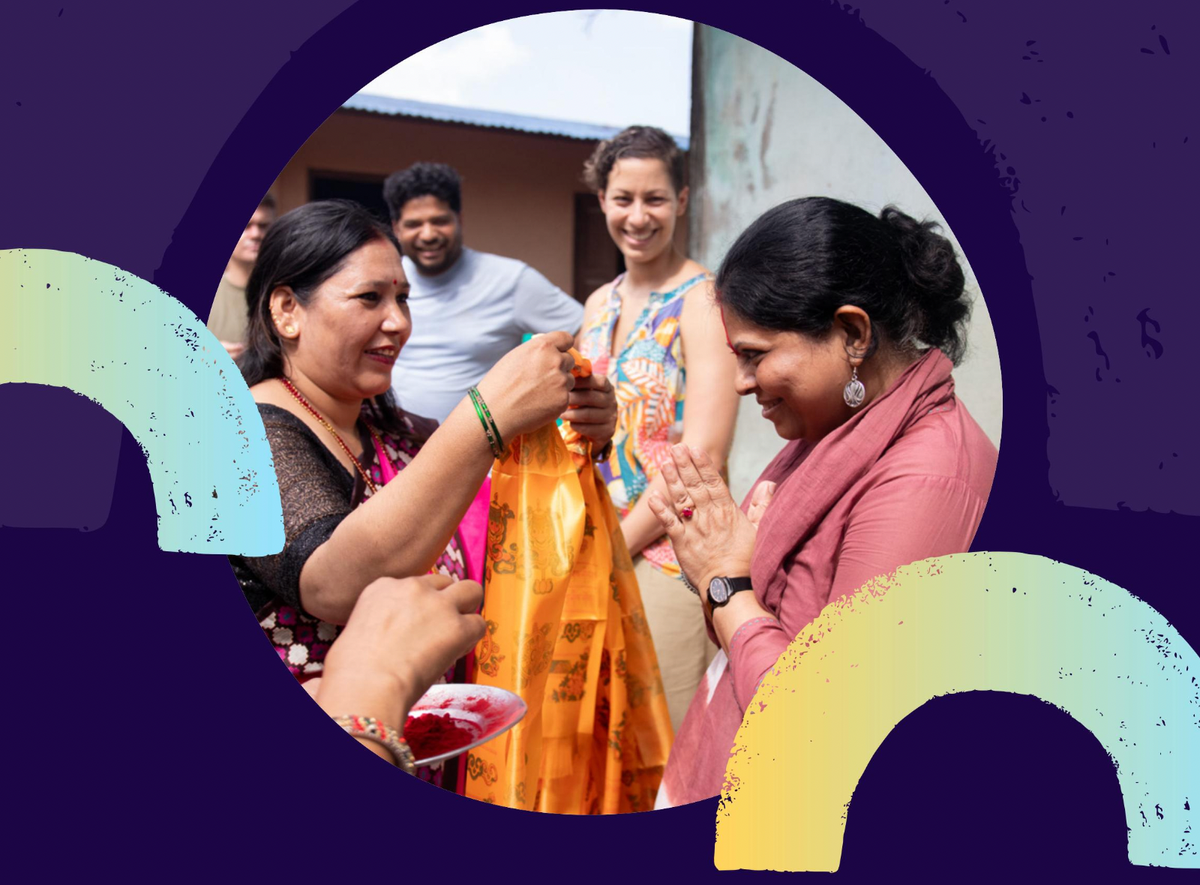
Funders should place more trust in grassroots leadership and expertise, civil society groups react to the U.S. TIP Report, and a UK Court of Appeal ruling puts the onus on companies to clean up their supply chains or risk criminal prosecution.
A new resource from Global Fund for Children illuminates the funding struggles of community-based organizations (CBOs), and calls upon philanthropy and global development actors to embrace a more equitable approach. Available in English, French and Spanish, Trust in Action: The Bridge Between Grantmakers and the Grassroots provides CBOs with the language and framework to advocate for trust-based partnerships and flexible funding, while urging funders and international development organizations to fully trust and meaningfully amplify community-led change.
The resource was written by a team of “Change Champions” – grantee partner and youth leaders embedded in grassroots organizations around the globe – with the aim of dismantling the constraints that traditional funding places on CBOs. Traditional models leave grassroots groups with limited access to funding, minimal resources with which to operate effectively, and rigid funding restrictions, hindering their ability to fully address community needs and nurture community change, the authors say. Moreover, the system is marked by power imbalances which hinder progress on community development and human rights – when funding is ultimately accessed it often comes with strings attached, leaving CBOs to choose between addressing communities’ needs and fulfilling donor requirements.
The Change Champions advocate instead for trust in grassroots leadership and lived experience; acknowledgment of the value and expertise of those outside traditional organizational structures; trust in community funding priorities; greater CBO control over funding allocation; avoidance of capacity development efforts that are not tailored to the CBO’s specific needs; and the importance of iterative learning processes based on community priorities rather than rigid evaluation systems.
The authors add that funding often remains concentrated in the hands of larger, well connected organizations, while nascent grassroots and youth-led groups struggle to secure vital resources. Furthermore, CBOs working with historically marginalized communities face entrenched systemic barriers, and find themselves navigating a maze of rigid funding requirements with complicated application processes, lengthy documentation, and multiple prerequisites. And, despite their unparalleled insight into evolving community needs and complex local systems, many face persistent deficits or low or non-existent reserves, which constrains their ability to respond as priorities change or crises emerge. Offering long-term flexible funding to grantee partners recognizes the power of CBOs as advocates with and for their communities, nurtures organizational growth, and builds trust-based relationships between funders and grantee partners so CBOs can thrive, the resource states.
Donors should also avoid a one-size-fits-all approach that focuses only on problems, gaps, and needs, and compromises an organization’s values, vision and connection with their community, say the authors. Funder expectations can put pressure on CBOs to shift their priorities and accountability to donors and to grow in ways that diverge from their vision and community members. Instead, donors should invest in local civil society infrastructure for capacity development, work with local capacity-building partners, give resources for grantee partners to hire local experts; and fund grantee partners’ support operations and leadership development programs to create the bandwidth for organizational strengthening.
Community leaders must have access to and power in decision-making spaces to shape a more equitable future, the resource states, adding that Global Fund for Children envisions “a world where trust overrides bias, where the focus is on quality of impact rather than sheer numbers, where accessibility triumphs over bureaucracy, and where possibilities are abundant rather than scarce”.
Here’s a round-up of other noteworthy news and initiatives:
Siobhán Mullally, Special Rapporteur on trafficking in persons, especially women and children, has called on countries to expand access to safe regular migration pathways and to strengthen refugee protection and access to asylum, to reduce the risks from dangerous journeys by sea. Presenting a report on trafficking in persons, mixed migration and protection at sea, she noted that at least 8,500 people died on migration routes worldwide in 2023, making it the deadliest year on record.
Humanity United has commended this year’s U.S. TIP Report for highlighting the importance of worker empowerment in forced labour prevention efforts, emphasizing the way in which collective action can lead to a shift in existing power dynamics and applauding the tireless efforts of workers and advocates — including its partners Global Labor Justice, Asia Floor Wage Alliance, and Worker Rights Consortium — who helped develop binding agreements that require respect for workers’ rights.
Meanwhile, the TIP Report again gave Cambodia the lowest rating for its trafficking response, saying officials have not done enough to investigate – and in some unnamed cases have been complicit in – the widespread trafficking and forced labour of workers into the scam industry. Foreign workers in particular have increasingly been trafficked, detained by and tortured in shadowy online businesses conducting various forms of financial fraud, including online gambling, cryptocurrency, internet romance and telephone scams, the report states.
And Human Rights Watch flags up the TIP Report’s suggestion that technology companies use data and algorithm tools to detect human trafficking patterns, warning that some data collection efforts based on AI language models could put marginalized populations at risk due to discriminatory stereotypes and the conflation of sex work with trafficking.
A UK Court of Appeal ruling that the country’s National Crime Agency misdirected itself in law when it chose not to investigate whether imported cotton goods were the product of forced labour or other human rights abuses has been described as a monumental victory by the World Uyghur Congress. The judgment makes it clear companies “must clean up their supply chains or risk prosecutions or having their goods confiscated”, and “can now be prosecuted under the Proceeds of Crime Act for, effectively, money laundering or trading in criminal goods”, an expert observed.
As the Paris Olympics approaches, this blog post uses evidence from past sporting events to ask the question: is there a way to rewrite the script around these games where the fight against human trafficking for sex and other labour does not harm sex workers? “It is important to ask what perpetuates policies of increased policing, moral panic, and the notion that host cities will witness a rise in sex work and trafficking,” the authors say.
Emerging evidence demonstrates that financial exclusion multiplies modern slavery risks for vulnerable populations, including human trafficking for sexual and labour exploitation, according to this research report. It proposes that financial inclusion is a potential protective factor against vulnerability to exploitation, and analyzes if and how countries with the highest prevalence of modern slavery currently identify and articulate modern slavery risks in their national financial inclusion strategies. And this thematic review compiles current financial inclusion practices addressing the interconnections between financial inclusion and the protection of vulnerable populations from modern slavery.
A webinar hosted by the Mixed Migration Centre and UNHCR on 9 July at 14:00 (EAT), will focus on discussions around the Continued Impact of the Sudan War on Regional Mixed Movements, taking a closer look at the challenges, risks and strategies of Sudanese and third-country nationals displaced by the war.

